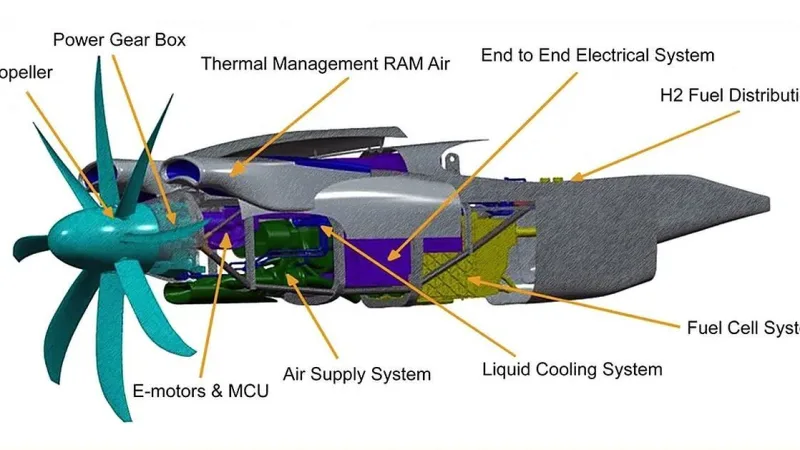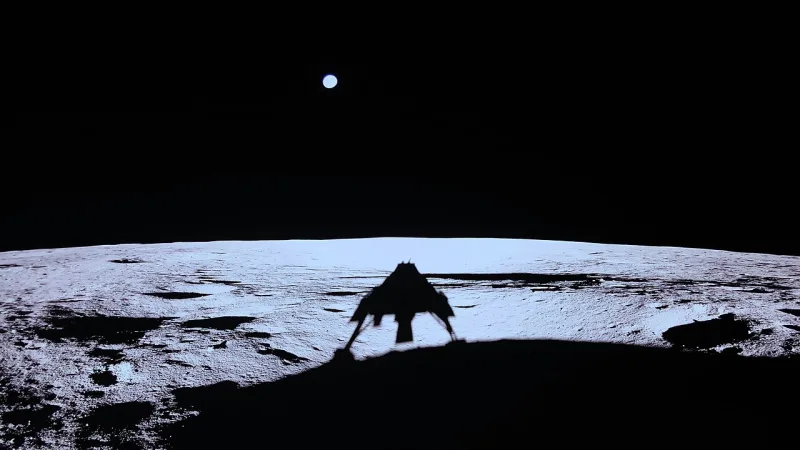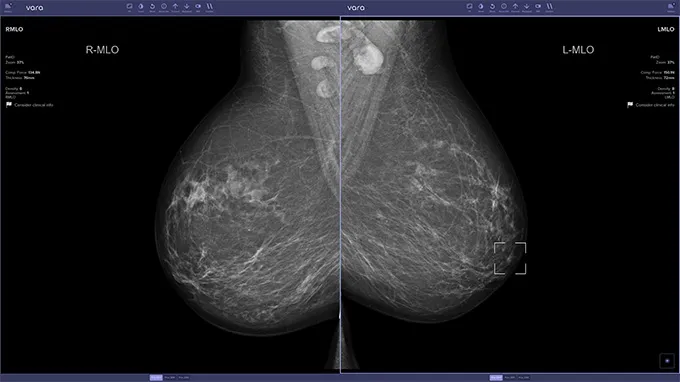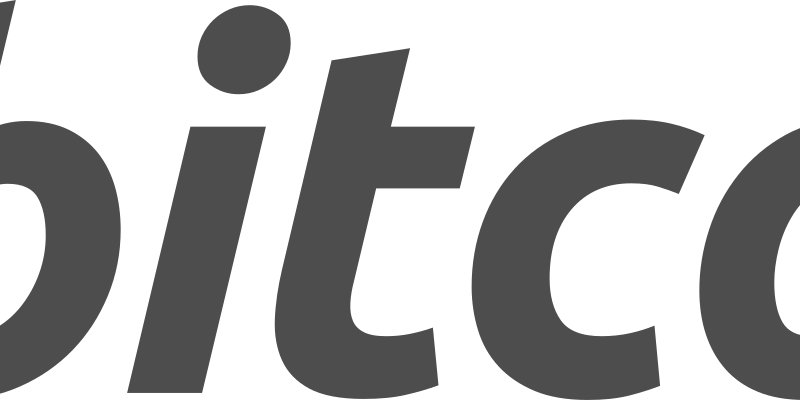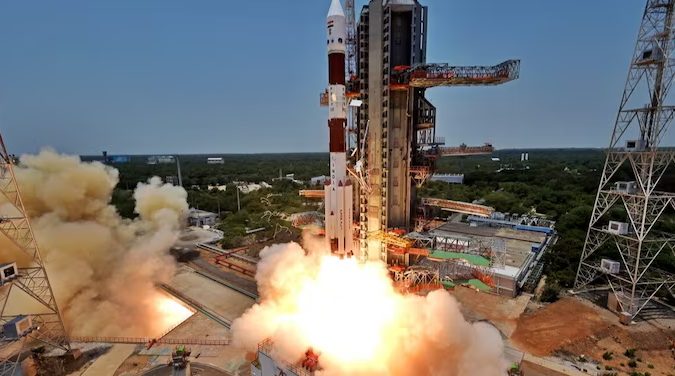How Artificial Intelligence is Revolutionizing the Water Sector
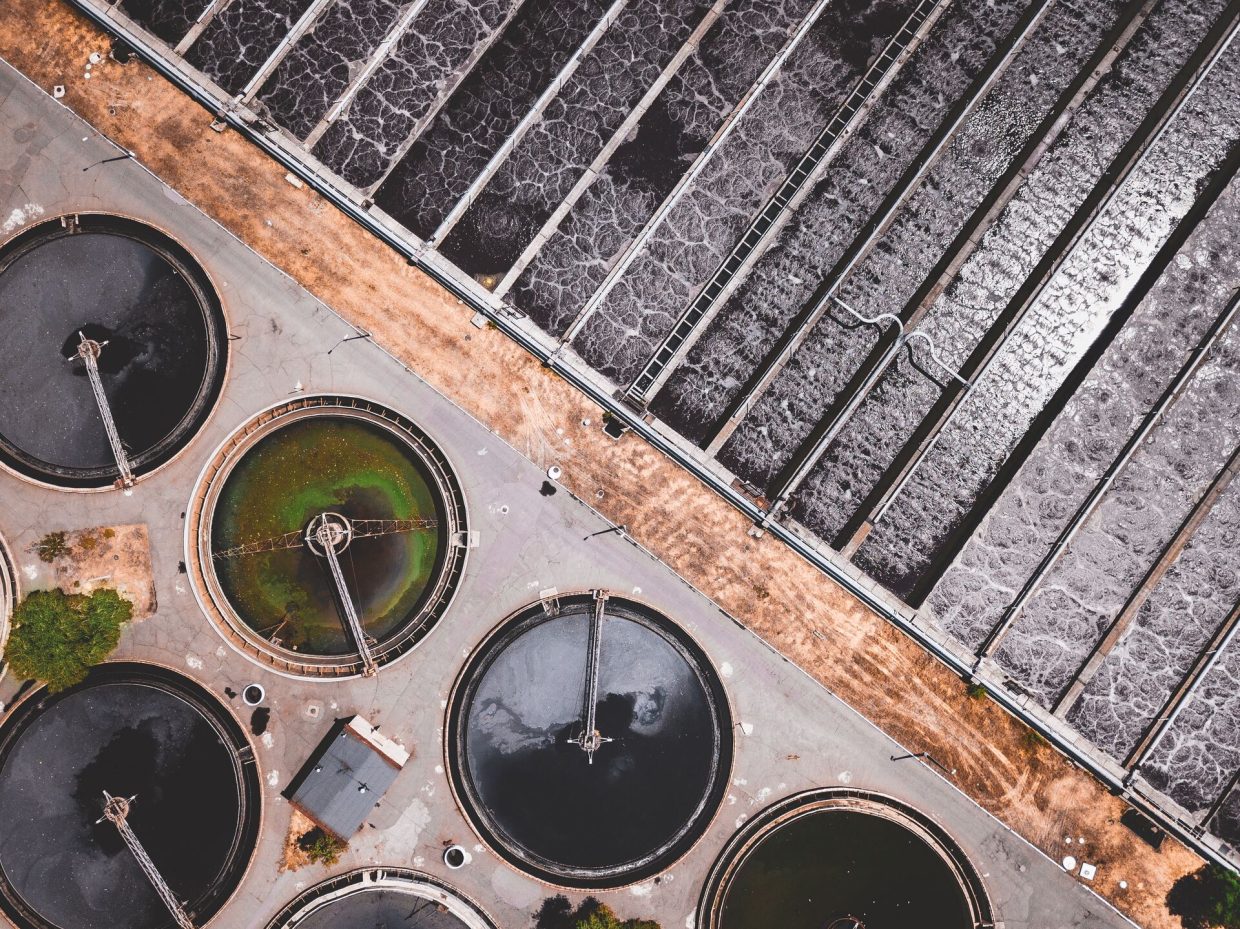
One out of every three people globally lacks access to clean water, highlighting the urgent need for innovative solutions in the water sector. With the decline in the quality of freshwater resources and the increase in global population, ensuring a reliable supply of clean water has become crucial. Artificial intelligence (AI) has emerged as a game-changing technology in the cleantech industry, offering promising solutions for water treatment, wastewater management, irrigation, and water conservation.
AI systems have the ability to estimate the composition of contaminants in water and optimize the efficiency of water treatment plants. By leveraging neural networks, these systems can reduce energy costs by up to 40%. Additionally, AI can enhance the detection of bacteria in water, surpassing the limitations of traditional methods that rely on chemical strips. AI systems employ optics to identify both known and previously unknown contaminants, drastically reducing time and costs.
AI optimizes water treatment plants, cutting energy costs up to 40% by estimating contaminant composition.
AI’s Impact on Wastewater and Agriculture
Wastewater treatment is another area where AI plays a crucial role. Real-time visibility into effluent levels at remote wastewater sites allows for effective management and early problem detection. Fault detection software and continuous monitoring increase operational efficiency and minimize potential issues. Furthermore, AI systems streamline water use in agriculture, which currently accounts for 70% of freshwater consumption but operates at less than 50% efficiency. AI-based systems can analyze soil moisture, crop growth stage, weather conditions, and other factors to optimize irrigation, thereby conserving water resources.
AI-Powered Smart Meters Revolutionizing Water Management
In terms of water conservation, AI-powered smart meters can identify leaks and pipe bursts in residential areas, reducing wastage and improving system efficiency. Governments and water corporations are utilizing software analytics to manage and analyze sensor data, enabling better management of water systems and reducing unaccounted-for water. Telcos are partnering with IoT platform vendors to develop solutions that address the growing demand for IoT in the water sector. The installation of smart meters worldwide is projected to experience a 28% growth rate, reaching nearly 400 million units by 2026.
As AI continues to advance, the possibilities for its application in the water sector are immense. With accurate data on water quality, consumers can choose personalized filtering solutions tailored to their specific needs. Moreover, as adoption increases and costs decrease, AI systems become more efficient, creating a positive feedback loop that helps preserve our planet’s most precious resource – water. The time to harness AI’s potential in the water sector is now.
Also Read: Unleashing the Power of Artificial Intelligence in Business

